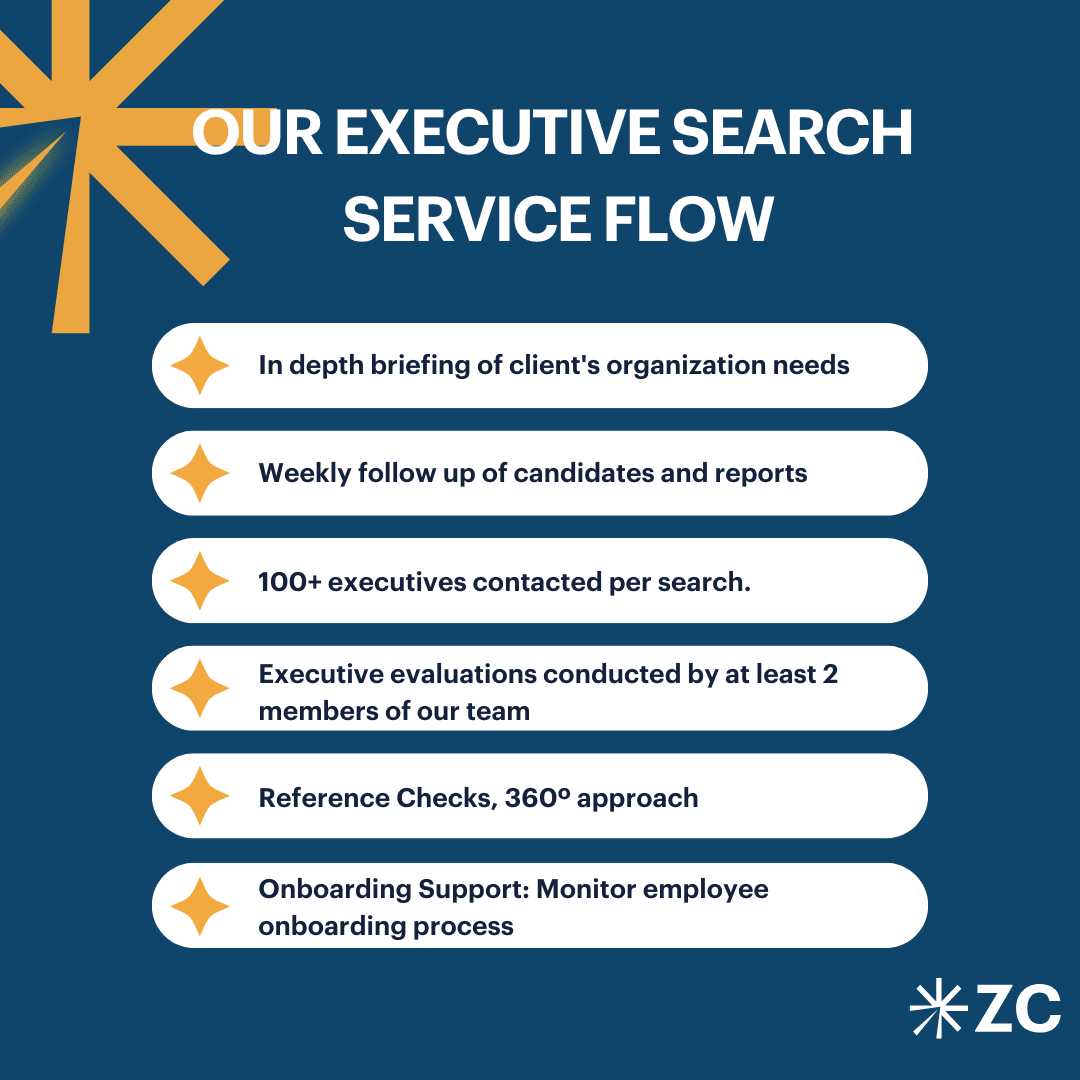China is living up to its reputation as the world’s second biggest economy as an increasing number of companies are appearing on the market as well as the growing success rates of current companies who are restructuring their organisational alignment and staying on top of their reign of the technology sector.
The need of executive talent in China
Nevertheless, this rise in the number of companies or the expansion of existing ones means there is a search for more employees and inevitably, executives. Executive Search consultants are given the task of finding profiles who are skilled, qualified and experienced, with the risk of getting it wrong having a detrimental affect on the future success of the entire company.
There are several challenges other than this one which is also applicable to the rest of the globe. Hiring talent outside of China is surely harder on Human Resources as it costs more money and takes more time, yet, there is less and less talent, not only because the best is being snatched by other companies but also because the newer generation are the most educated but they lack experience, perhaps accentuated by COVID19.
The right filtering and process
On the other hand, a Executive Search consultants´s task necessitates filtering through candidates who aren’t fit for the role, and as so many companies are not only growing and looking for new executives, but also becoming more successful, the executive search must focus on top talent, which can be like trying to find a needle in a hay stack. According to China Daily “55% of domestic firms set to recruit more staff this year compared to 41% of multinational corporations”, this has been recognised as a consequence of the recession, as multinational companies were badly affected and halted some of their jobs, even with China. Yet, China continued to grow rapidly and domestically.
Moreover, another challenge for Executive Search consultants is the fact that executives in China find it more secure and reassuring to occupy a position in a local company whereas there is always an unpredictability when working for a multinational company, yet if there is no mobility within the local company for these reasons, the talent will still wish to seek going elsewhere.
Nevertheless, this fast rise to success means there is often a lack of confidence, there used to be a very strong mentality that even in local firms there should be a foreign executive and that local talent would have less experience, yet this has since changed and now there is a counter effect as foreigners want to come and lead but there is a push for local management.
More of a global issue but still often discussed in China is the issue of work mobility within the company, if there is no change in the organisational alignment and progress such as promotions then many people especially higher ranked members of the company will get frustrated as they are driven by wanting to succeed more.
Compensation
The perks of leadership is the main selling point, Executive Search consultants have to search for profiles who are going to be able to lead a successful company to the very top in one the world’s superpowers. Furthermore, this is clearly a challenge as it is a risk for up and coming firms but it also means that these executives are part of change, and guide the company to the top. There is an attractiveness for talent in china to remain at local companies from a patriotic level but also from a compensation level amongst other perks. The challenge in executive search to be the “middle man” in getting an agreement for similar to better opportunities for these executive talents in order for them to move on from local companies for example.
Zavala Civitas Executive Search China
In conclusion, there needs to be an awareness when working in an executive search firm to keep the cultural component in mind, a skill we are able to do thanks to our language bridge with our team who speak mandarin. There also needs to be a deep understanding of the market and its rapid evolution. Moreover, there needs to be an in depth assessment of every client and the ability to put across a sense of security. Zavala Civitas offers a 100 day plan where we offer help in getting adapted as well of meticulous research into candidates for our clients. Click here to get in contact with us.







